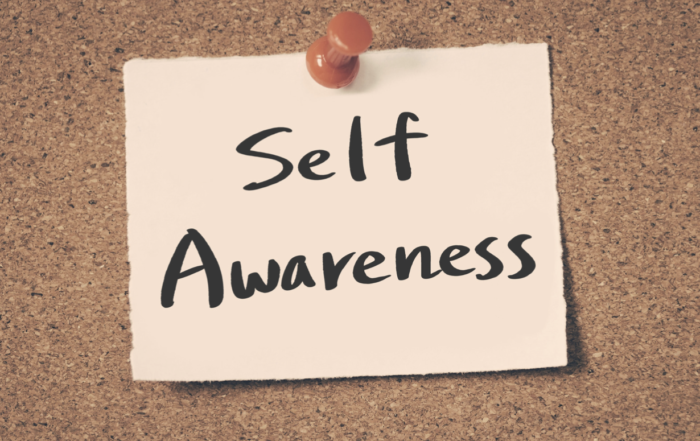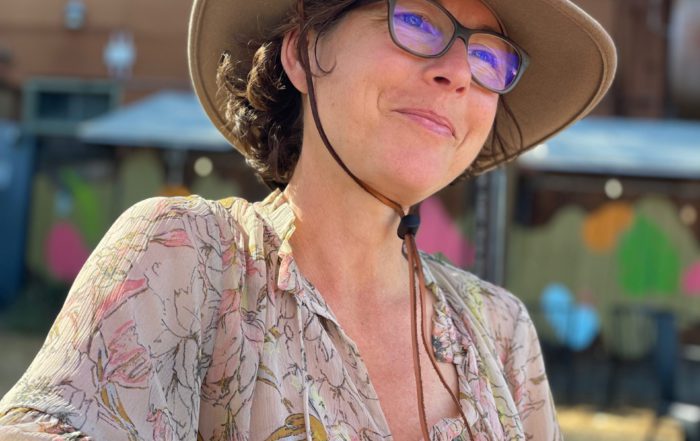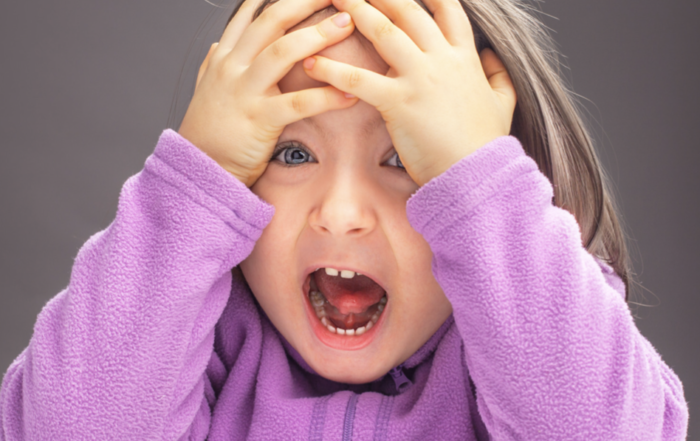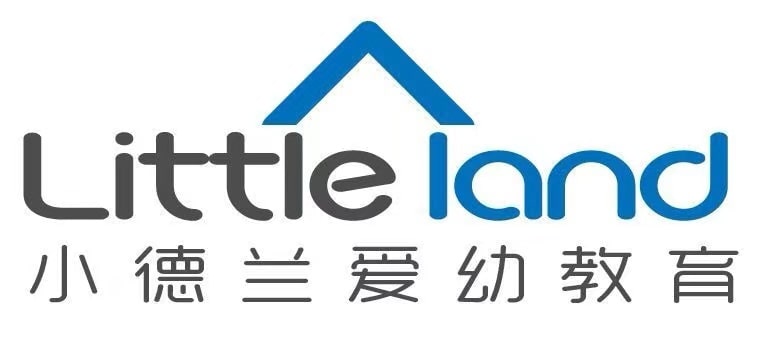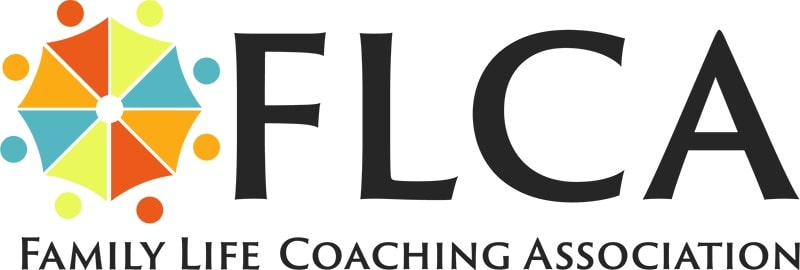Why the terrible twos don’t have to be terrible
When your child becomes an “I”.
One day, usually towards the end of the third year, children stop referring to themselves by their own name, for example, “Sam” or “Juliette”. Instead, they start to refer to themselves as “I.”“I” want the toy!” “I want to go to Granny!”
Referring to themselves as “I,” which is totally normal for us, is not only a new word for them, but it is connected to their profound new experience of themselves as a separate individual!
Before this time, the child experiences themselves as one with the universe. They never experience themselves as separate.
So what does this new experience mean for a child? And how should we react when the little one suddenly lies crying on the floor during the so-called “Terrible Twos”?
Learn why The Terrible Twos don’t have to be terrible. Gain transformative insights on how to meet children’s needs with deep understanding and empathetic attitude during their transition into this new world here.
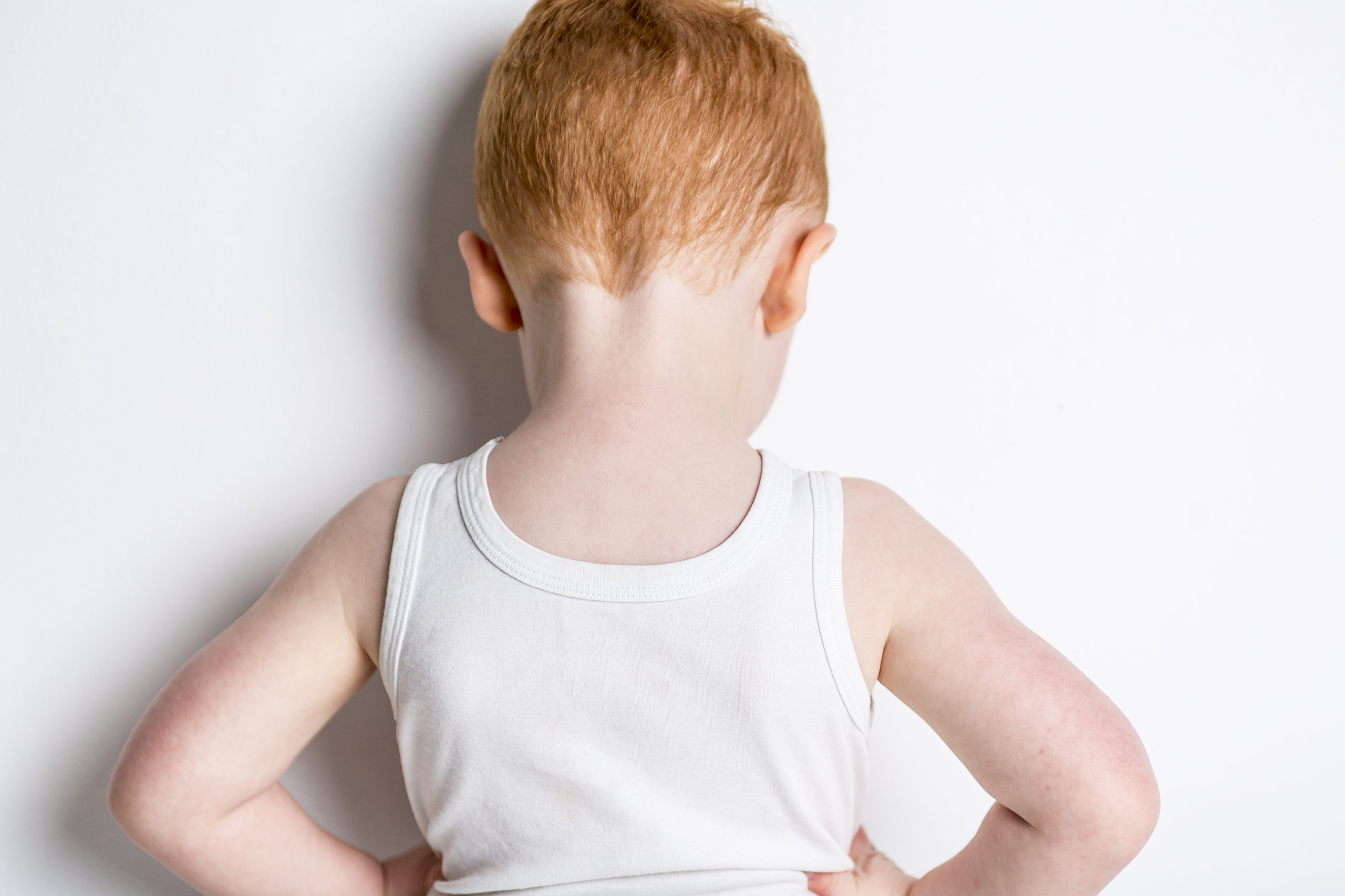
Looking ahead
And how can you take best care of yourself, while your little one lies crying on the floor??
Next week we are going to share a simple yet deep awareness practice that will help you stay calm and connected with yourself and your little one, even during moments of high emotions and perhaps feelings of inner helplessness.
At the end of August, we are delighted to share eye opening news from Jean Rogers, the Director of Children’s Screen Time Action Network at Campaign for a Commercial-Free Childhood, about how parents can reduce children’s overwhelm and inner stress through reducing the time they spend on screens and digital devices. You will learn about how to Parent Well in a Media & Digital Age.
Recent Posts
We don’t have to be perfect
A personal account by Parenting Coach & Mom, Pia Dögl. Honestly speaking … When I was raising our baby ...
Free Parent Coaching
With Pia Dögl, mom, parent coach & author. As some of you might already know I am at the ...
What we learn from Early Brain Development
Discover how to heal challenging child behavior As children develop, their brains "mirror" their parent's brain. In other words, ...

